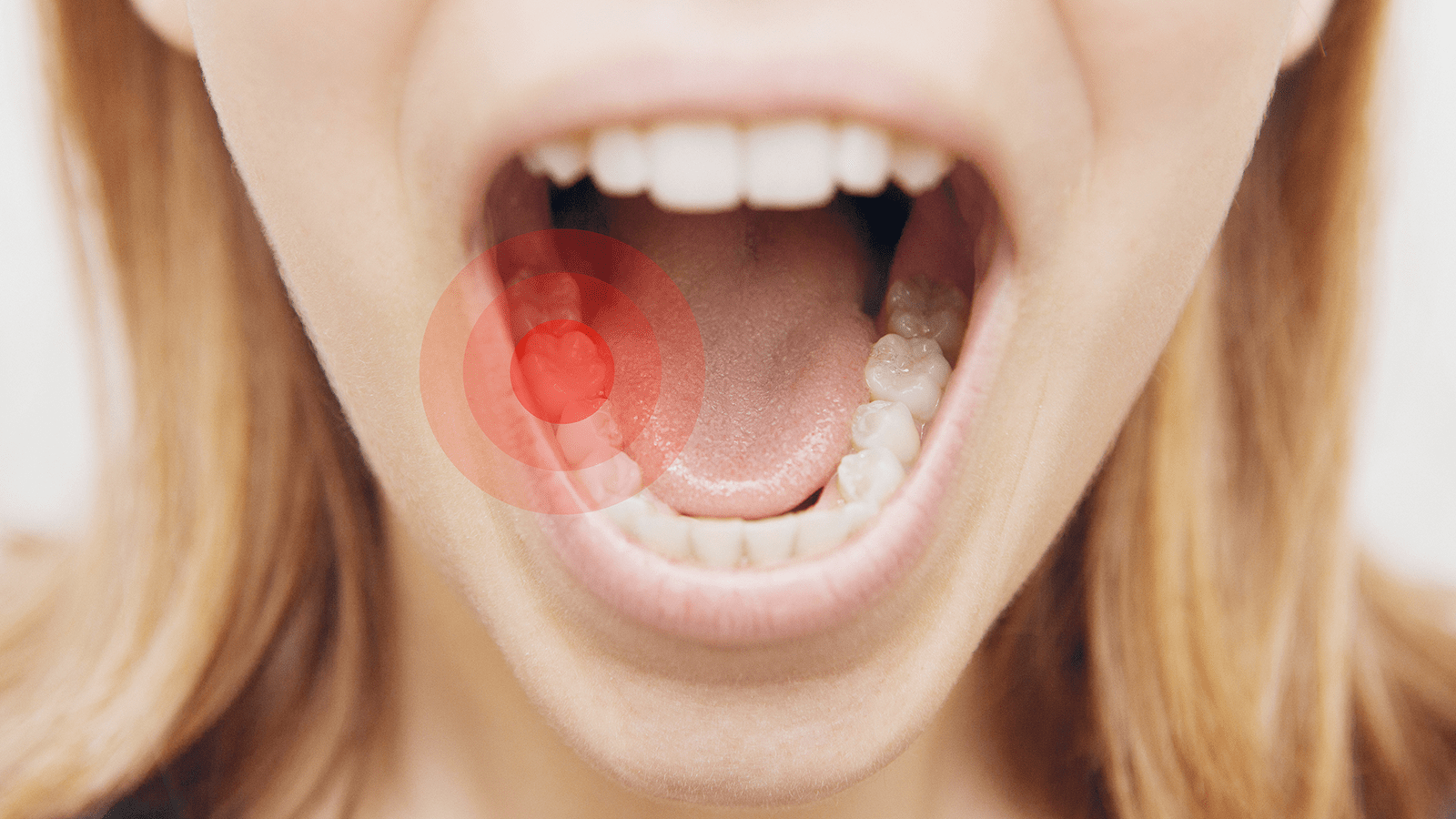
Do you like to eat sweet and cold foods? Have you ever felt aching and throbbing teeth while eating your favorite dishes? That means you have sensitive teeth. Generally, sensitive teeth is the term used to denote the presence of hypersensitive dentin due to thinning of the enamel, lowering of the gums and opening of the dentin or a layer under the enamel.
Even though the pain caused by sensitive teeth occurs in the nerves of the teeth, the pain is not permanent; some are temporary and some are more periodic. If your pain never seems to stop, that is a sign of a more serious problem. Usually, the things that cause sensitive teeth are:
- Gum Reduction
Based on research by experts in the United States, as many as 50-90{b26fae1523be06776c331b872e8a3797f466a7d0a2cf058ebd5ae0a4273c9438} of people with sensitive teeth exert excessive pressure in brushing their teeth. This habit can cause irritation and / or the gums to drop from the neck of the teeth, causing the teeth to become sensitive.
- Poor Oral Hygiene
The buildup of plaque / tartar which is a nest of millions of germs in the oral cavity is a sign that your oral hygiene is bad. Why can this affect sensitive teeth? Because slowly tartar will irritate the gums so that it bleeds easily and there is also a bad breath that is not “fresh”.
- Bleaching (Teeth Whitening)
Sensitive teeth can also be caused by chemicals used to whiten teeth. The teeth whitening materials used generally contain hydrogen peroxide which is hypotenic, so it can remove dentin. For those of you who want to find a teeth whitening supplement that is safe for consumption, you can try steel bite pro Supplement.
- Tooth enamel erosion
Apart from the habit of brushing the teeth too much, the formation of an imperfect enamel layer (ename hypoplasia) can also occur in certain individuals.
Are you curious about how to reduce the sensitivity of your teeth? There are 4 important ways to do this:
1. Be careful in brushing your teeth
Brush your teeth regularly twice every day. Use the right brushing technique so that all parts of the teeth and mouth can be completely clean. Brush gently and be careful around the gum line so that you don’t remove the tissue on the gums. Brushing hard can thin the enamel layer, which increases the sensitivity of your teeth. For that, you should use a soft toothbrush.
2. Use a special toothpaste for sensitive teeth
There are several toothpastes specifically designed for sensitive teeth, which contain the active ingredient potassium nitrate. This material is very useful in reducing tooth sensitivity as it helps to block the tiny tubules in the sensitive dentin. Nowadays many products offer this type of toothpaste, so you don’t need to be afraid to find it difficult.
3. Go to the dentist
In addition to the obligation to have your teeth checked every 6 months, you should also consult a dentist if you think something is wrong with your teeth. Your dentist may provide one of a variety of treatments depending on your condition, such as using a specially formulated toothpaste, fluoride treatment, tooth thickening, gum surgery, or root canal if the condition is severe enough.
4. Avoid acidic foods and drinks
If you are frequently exposed to acidic foods or drinks, your enamel can be damaged and your teeth will become more sensitive. It’s best to limit your consumption of acidic foods and drinks and try to brush your teeth 20 minutes after consuming acidic foods. If the time is less than 20 minutes, brushing your teeth can hurt your enamel. However sensitive or not, you should still pay attention to your food and drinks because enamel depletion will inevitably occur.
By understanding the causes and quick ways to deal with sore teeth, you can immediately do the important things to do in relieving a sore tooth that you are experiencing. You will also be free from tooth aches that often interfere with your various activities.
